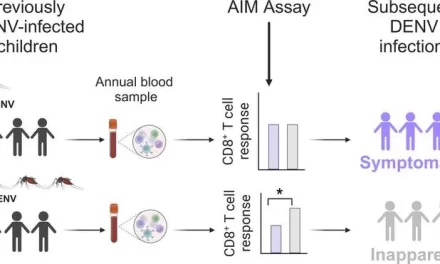January 25, 2025 – In a groundbreaking study, researchers at the University of Tsukuba have uncovered new insights into how neurons in the amygdala are responsible for regulating social interactions with unfamiliar individuals. Published in Science Advances, this study offers critical information about the molecular mechanisms behind social behavior and the implications for understanding social disorders.
The central nucleus of the amygdala, a part of the brain involved in emotional processing, houses specific neurons that express a receptor known as NPBWR1. These neurons are essential for mice to engage in social interactions with novel individuals, a behavior that is vital for the development and expansion of social networks. This concept, known as “social novelty preference,” helps explain why animals, including humans, often seek new social experiences over familiar ones. However, this behavior also carries inherent risks, particularly when there are disruptions in the brain’s regulation.
Through detailed analysis, the research team found that activating NPBWR1 neurons in the central nucleus of the amygdala was crucial for mice to successfully engage with unfamiliar individuals. The study further discovered that chronic social defeat stress, caused by territorial aggression among mice, impairs this social behavior. Remarkably, activating the NPBWR1 neurons was able to restore these social behaviors.
The researchers also found that overexpression of the human NPBWR1 gene in mouse neurons led to reduced sociability, preventing the typical increase in neuronal activity when new individuals were encountered. Interestingly, when the human NPBWR1 gene carried a single nucleotide polymorphism (SNP), this effect was not observed, suggesting that variations in this gene could influence sociability traits in humans.
These findings shed light on the role of NPBWR1 neurons in regulating social novelty preference. They also point to potential genetic factors that could contribute to sociability traits and offer new avenues for exploring therapeutic interventions for disorders like depression and autism spectrum disorder.
The research holds promise for the development of new drugs targeting the NPBWR1 receptor, which could lead to improved treatments for individuals with social behavioral challenges.
Disclaimer: The research mentioned in this article is based on animal models, and further studies are required to determine its relevance and application to human populations. The findings are still in the early stages and should be interpreted with caution until more data is available.












